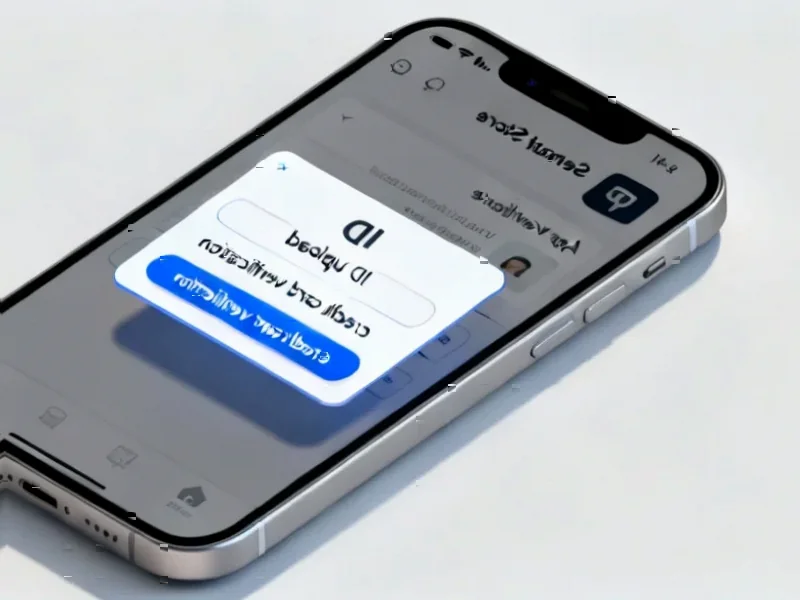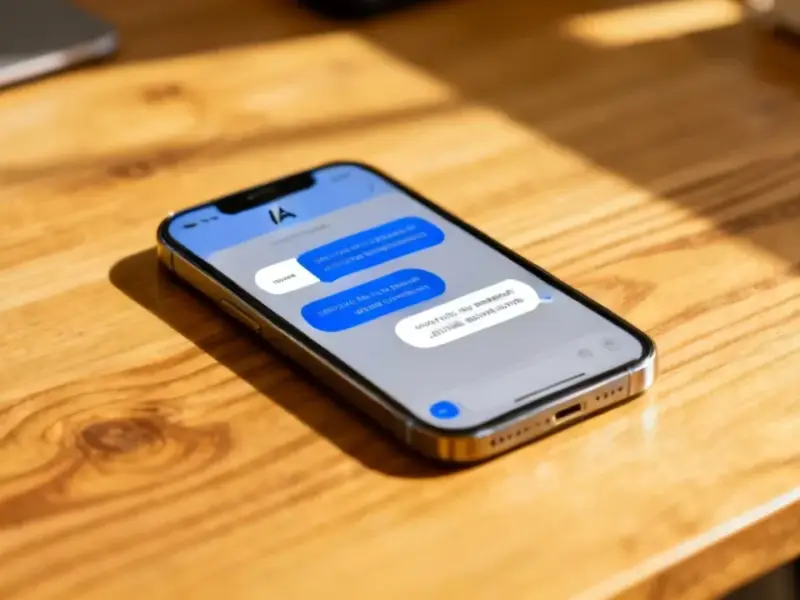According to The Verge, Google and Epic Games have reached a settlement that would dramatically reshape Android’s global app ecosystem through June 2032. Google will slash its standard Play Store fees to either 20% or 9% depending on transaction type and create a new program allowing alternative app stores to become “first-class citizens” in Android. The changes would apply worldwide, not just in the US, and last for six and a half years. Google Android president Sameer Samat and Epic CEO Tim Sweeney both announced the proposed settlement Tuesday evening, with a court hearing scheduled for November 6th where Judge James Donato will decide whether to approve the modified injunction.
The walls come tumbling down
This is way bigger than anyone expected. Epic wasn’t just fighting for lower fees – they were fighting to break Google‘s control over Android itself. And honestly? They might have won more than anyone anticipated.
Think about what’s happening here. Google isn’t just making small concessions. They’re agreeing to fundamentally change how Android works globally for nearly seven years. Alternative app stores will get prominent placement. The scary warnings about sideloading? Gone. Developers can communicate directly with customers about pricing. This is basically Google admitting their walled garden strategy failed.
But what about those fees?
Here’s where it gets complicated. The 20% vs 9% split seems tailored specifically to game companies like Epic. If your in-app purchase gives a “gameplay advantage,” you pay 20%. Otherwise, 9%. But here’s the catch – Google still gets its cut even if you use alternative payment systems. They can even charge fees when users click out to your website and pay there within 24 hours.
So is this really a win for small developers? Maybe not as much as it seems. The fee structure feels designed to protect Google’s revenue from big game companies while throwing smaller developers a bone. But 9% is still way better than the 30% they were charging before.
The Apple elephant in the room
Tim Sweeney couldn’t resist taking a shot at Apple in his announcement, and honestly? He’s right. This settlement creates a stark contrast between Android and iOS. Android is becoming genuinely open to competition, while Apple continues to block alternative stores entirely.
What does this mean for the future? Basically, we’re looking at two completely different mobile ecosystems developing over the next decade. Android becomes the wild west of app distribution with multiple stores competing, while iOS remains Apple’s walled garden. Consumers will have to choose between openness and curation.
This changes everything, everywhere
The global scope is what makes this settlement truly revolutionary. Previous court orders only applied to the US and lasted three years. This deal covers the entire world through mid-2032. That’s enough time for alternative app stores to actually establish themselves and compete seriously.
Could we see an Epic Games Store on Android? Almost certainly. What about Microsoft’s store? Amazon’s? The floodgates are about to open. Google’s playing nice now, but let’s see how they implement this. The devil’s always in the details, and we’ll find out more when they meet with the judge on Thursday.
One thing’s clear though – the mobile app store monopoly era is ending. Not with a bang, but with a settlement that might just reshape how billions of people get their apps for years to come.




